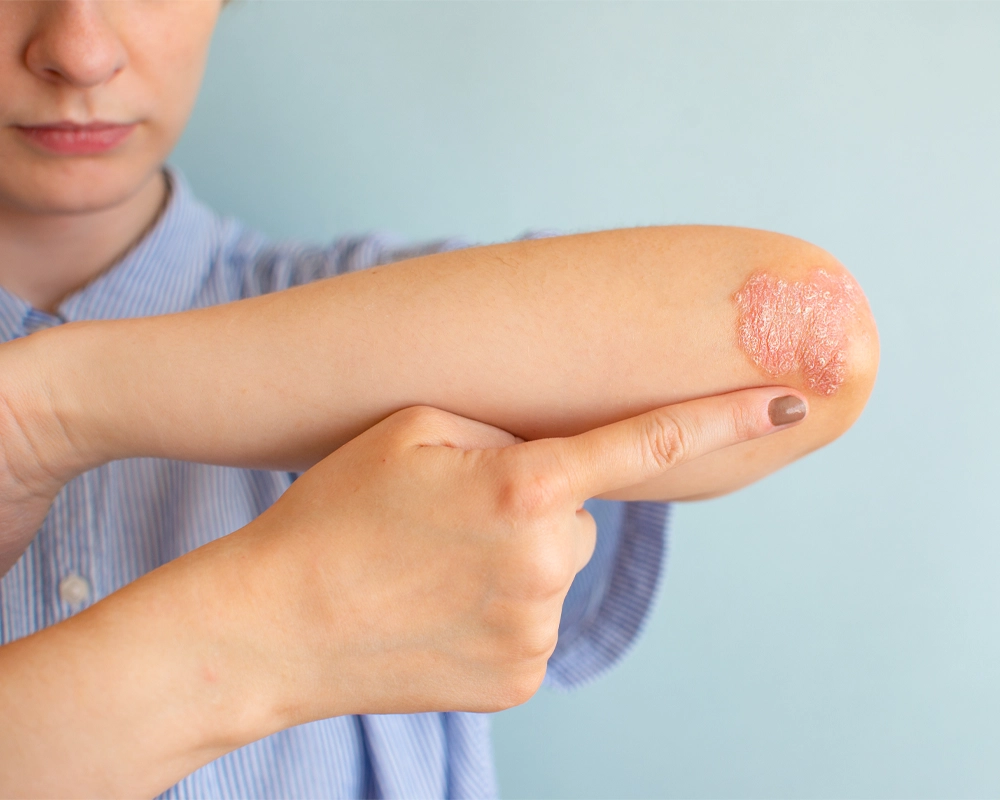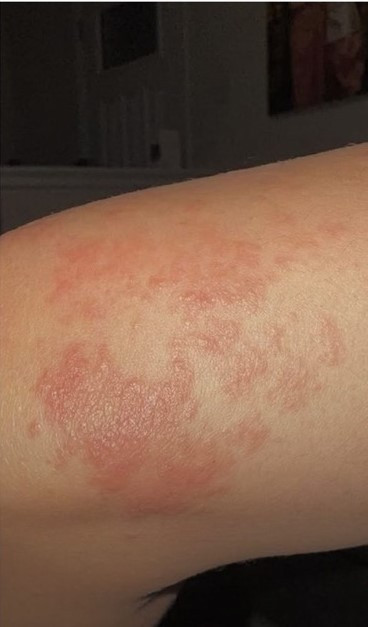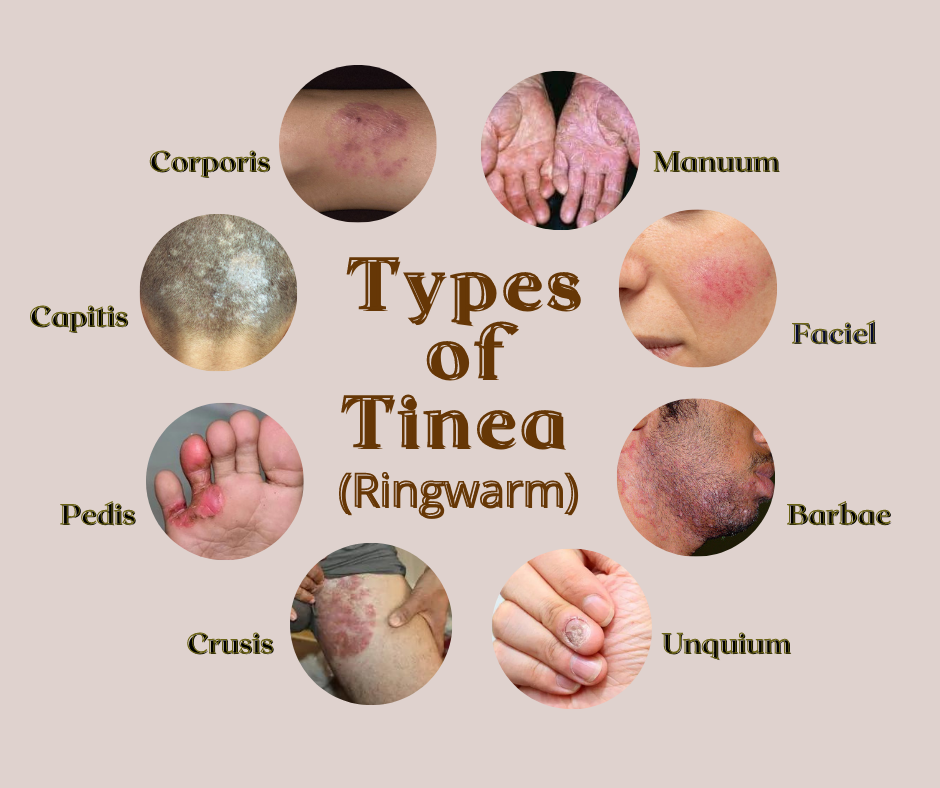Gym Member Gets Severe Ringworm Infection From Shared Equipment

©️ optimists.in
Gyms are fantastic places to get in shape, but they can also pose a hidden danger—contagious infections like ringworm.
A recent incident has highlighted how easily you can contract ringworm, a fungal infection, from shared gym equipment.
This warning is especially important for anyone who regularly works out in a public gym. Here is everything you need to know about the risks of ringworm and how to protect yourself.
What Is Ringworm?
But first, let’s see what ringworm is!
Despite its name, ringworm is not caused by a worm. Instead, it’s a fungal infection that typically causes red, itchy, ring-shaped rashes on the skin. The infection is highly contagious and can spread easily through direct skin contact or by touching contaminated surfaces, like gym equipment.
The fungal infection thrives in warm, moist environments, such as gyms, locker rooms, and public showers, which are perfect breeding grounds.

Real-Life Case: A Gym-Goer’s Experience with Ringworm
Jamie Samnang, a 41-year-old fitness enthusiast, experienced the horrors of ringworm first-hand after using gym equipment. She initially thought she had been bitten by a mosquito when she developed an itchy rash on her arm. However, as time passed, the rash spread, and bumps filled with infected secretion appeared. She scratched so intensely that she drew blood, making the situation worse.
“I started to feel a slight tingling, a slight itch. I thought maybe I’d been bitten by a mosquito, but as the days went on it kept getting worse,” she recalled. When the rash spread to her legs and ankles, she sought medical help and was shocked to learn she had contracted ringworm.
According to medical experts, gyms are one of the top places for ringworm infections. The combination of shared equipment, sweat, and warmth creates the perfect conditions for fungal growth. Jamie believes she contracted the infection from an “abs cruncher” machine at the gym that she used without wiping it down first.
How Ringworm Spreads in the Gym
Ringworm can spread through direct skin contact or from touching surfaces that have been contaminated by an infected person. In a gym setting, this can happen easily if gym equipment isn’t cleaned properly between uses.
When people use machines without cleaning them, the fungus can cling to the equipment and be transferred to anyone who touches it. Additionally, fungal spores can spread through skin contact, so it’s crucial to be cautious about touching surfaces directly with bare skin.
Mrs. Samnang’s case is a reminder that skipping simple hygiene practices—like wiping down gym equipment before and after use—can lead to serious infections. The infection spread quickly on her body, causing discomfort and distress. “The itching was so intense and severe I was bleeding,” she said.

Symptoms of Ringworm
The symptoms of ringworm are easy to spot, including red, raised, ring-shaped rashes on the skin, as well as itchy, scaly areas. If you experience these symptoms, it’s important to take action quickly.
Ringworm can spread easily to other parts of the body if left untreated.
How to Protect Yourself from Ringworm
You can take several steps to protect yourself from ringworm while working out at the gym:
- Wipe Down Equipment
- Always clean the gym equipment before and after use. Most gyms provide wipes or sprays to disinfect machines, mats, and benches. This is an easy step that can help prevent infections.
- Wear Protective Clothing
- Wearing long-sleeve shirts, pants, or workout gloves can minimize the risk of direct skin contact with potentially contaminated surfaces.
- Use a Towel
- Place a towel on gym mats, benches, and equipment before using them. This creates a barrier between your skin and the surfaces that might be infected with fungal spores.
- Take Showers Immediately
- After your workout, shower as soon as possible. This helps to wash off sweat and any possible contaminants from your skin. Dry yourself thoroughly afterward, as fungi thrive in moist conditions etc.
Treatment and Decontamination
After her diagnosis, Jamie Samnang had to take extreme measures to stop the infection from spreading. She used an antifungal cream three times a day for several weeks, but that wasn’t all. “I had to wash everything. I had to bleach, I had to sterilize, I had to get new bed sheets,” she said.
Additionally, she had to avoid close contact with her husband and even took time off work to avoid spreading the infection.
While ringworm can usually be treated with over-the-counter antifungal medications, more severe cases may require prescription-strength treatments.
Read also: The Only Cleaning Tips You Will Ever Need


